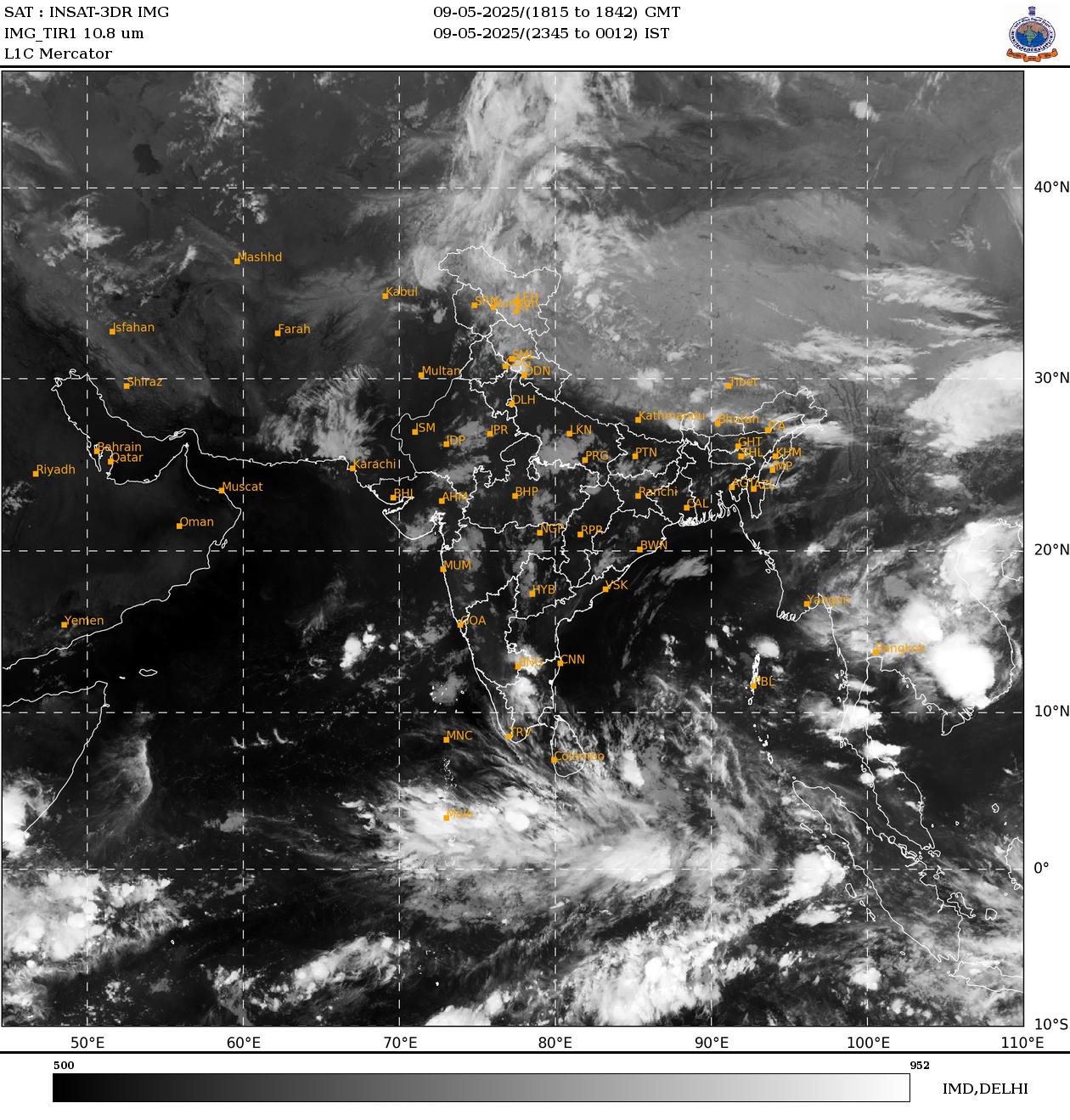Smart Cotton initiative aims to fix quality concerns, turn Maharashtra produce into a complete brand
 ..Maharashtra accounts for over 30 per cent of the cotton grown in the country but state farmers fail to compete with their counterparts in Rajasthan, Gujarat or Telangana, both in per hectare yield and produce. -
..Maharashtra accounts for over 30 per cent of the cotton grown in the country but state farmers fail to compete with their counterparts in Rajasthan, Gujarat or Telangana, both in per hectare yield and produce. -
June 03, 2021 It is the largest grown crop in the state but the cotton produced in Maharashtra often faces serious quality concerns, which affects the realisation of farmers.
Maharashtra accounts for over 30 per cent of the cotton grown in the country but state farmers fail to compete with their counterparts in Rajasthan, Gujarat or Telangana, both in per hectare yield and produce.
Now, Smart Cotton, a World Bank-sponsored project, is aiming to help farmers in the state grow quality cotton by inculcating best practices right at their farms.
Jayesh Mahajan, senior official of the Maharashtra Cooperative Cotton Growers Federation, pointed out how the per hectare yield of cotton in Maharashtra is between 8-9 quintals as compared to the 14-15 quintals/hectare yields nationally. Worldwide, cotton growers see much higher yields of 24-25 quintal/hectare, with US farmers reporting 55 quintal/hectares.
“One of the main reasons why Indian cotton fails to command premium prices in the world markets is because of quality concerns with the raw material available to produce the bales,” said Mahajan. The Smart Cotton project, Mahajan said, aims at a complete value chain transformation to help Indian cotton command a premium price in the world market.
Right from seed selection to picking, there needs to be more quality parameters across the whole lifecycle of the crop, said Mahajan.
It is not just in total yield where farmers in the state fail to meet quality parameters, as they also report higher trash content in their raw material. During cotton picking, a lot more trash content is added to increase the weight but at the end of the process, this dampens chances of the finished produce, both bale or yarn, to fetch a premium price in the world market. “What our project aims to do is to bring about a change in the way the farmer grows his crop so the pressed bale is sold at a premium price,” he explained.
In order to help ginners and press unit owners produce uniform quality of cotton bales, the project would push farmers to grow the same variety in the village.
“In developed cotton-growing countries, farmers have large land holdings which allow the production of uniform bales. Indian cotton growers have small holdings and with each going for different varieties, chances of producing uniform bales are low,” he said.
A single farmer producing quality cotton would not make much difference so the project is being implemented across 60 talukas in 20 cotton-growing districts, said Mahajan.
In the next five years, the project aims to see Maharashtra produce 10 lakh bales (each bale with 170 kg pressed ginned cotton) of branded cotton from these village clusters. The bales would be branded by the government of Maharashtra, which will act as a third party auditor.
The project will have an extensive technology arm with block-chain traceability being the backbone of the same. Mahajan is hopeful that the technological aspect will provide complete backward traceability of cotton.
Citing the example of US Cotton, Mahajan said it was used even while branding the final products. “Our aim is to develop Smart Cotton on similar lines… a simple scan of the QR code would show this cotton has originated in distressed districts of Maharashtra,” he said.
Most viewed
- महाराष्ट्र की इस मंडी में 8300 रुपये क्विंटल हुआ कॉटन का दाम, क्या कह रहे हैं किसान
- India’s cotton panel CCPC estimates higher crop, export and consumption
- Picking underway for Australian cotton with above average crops expected: Cotton Australia
- स्पिनिंग मिलों की मांग बनी रहने के कारण नरमा कपास में आई तेजी
- Godrej Agrovet’s crop protection biz unit launches pilot to reach out to cotton growers
- Cotton Dropped On Profit Booking After Prices rose As US Has Lower Ending Stocks
- Cotton price surge to make Pakistani products less competitive globally
- Textile Associations Urge Intervention On CCI Cotton Trading Policies
- किसानों से दगा- कपास की न्यूनतम समर्थन मूल्य पर खरीद के नाम पर खानापूर्ति
- दाम कम होने के कारण सीसीआई को कपास बेचने में रूचि नहीं दिखा रहे क्षेत्र के किसान
Short Message Board
Cotton Live Reports
Visiter's Status
Visiter No. 31646591Saying...........
Matilda-s Sub-Committee Law: If you leave the room, you-re elected.
Tweets by cotton_yarn



